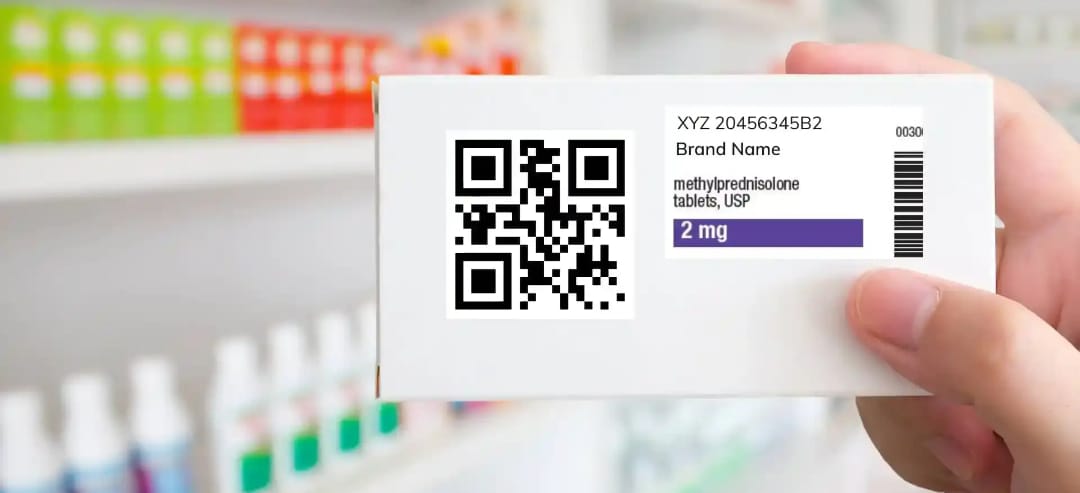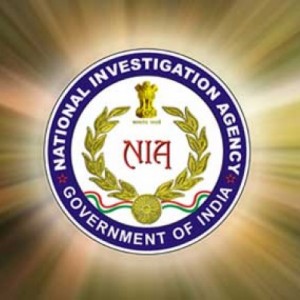India Implements QR Codes on Medicine Packaging to Verify Authenticity and Expiry

Nation, 3rd August 2023: To combat the issue of counterfeit drugs and ensure the authenticity of medicines, India is introducing QR codes on the packaging. Consumers will soon be able to verify the genuineness of their medications by scanning the QR code, an initiative aimed at enhancing drug safety and consumer confidence.
In its initial phase, the top-selling 300 medicine brands, including well-known names like Shelcal, Calpol, Dolo, Allegra, and Meftal Spas, will carry QR or bar codes for verification. This implementation has been fast-tracked and will hit the market within a week to the next 15 days, depending on the sales and inventory cycle in chemist shops.
The unique aspect of this system is its simplicity, as users won’t need to download any application to access the information. Scanning the QR code on the drug packaging will provide essential details about the medication’s authenticity.
If the scanned link fails to retrieve accurate information or shows mismatched details from the packaging, it could indicate the possibility of counterfeit or fake drugs. In such cases, consumers can inform the manufacturer by using the provided email ID or customer care number on the drug packet.
The implementation of QR codes on top-selling medicines is part of the government’s strategy to eliminate substandard and counterfeit drugs from the market. Designed by the Department of Pharmaceuticals and enforced by the Central Drugs Standard Control Organisation (CDSCO), this initiative holds great significance in tackling the issue of fake medicines, a concern that affects India’s pharmaceutical industry.
According to the World Health Organization (WHO), around 35 percent of fake drugs sold globally originate from India, making this move crucial to safeguarding public health.
The government is planning to enforce the use of barcodes or QR codes on other popular drugs, such as antibiotics, cardiac drugs, painkillers, anti-diabetics, and anti-allergic medicines. This implementation will enable tracking and tracing the entire journey of the medicine, providing comprehensive information, including product identification code, drug names, manufacturer details, batch number, manufacturing and expiry dates, and licensing information.
Currently, the mandatory QR code requirement applies to 300 drug formulations, but manufacturers are free to voluntarily include the code on other brands. The initiative is expected to boost consumer confidence, ensuring the sale of genuine and safe medicines throughout the country.








